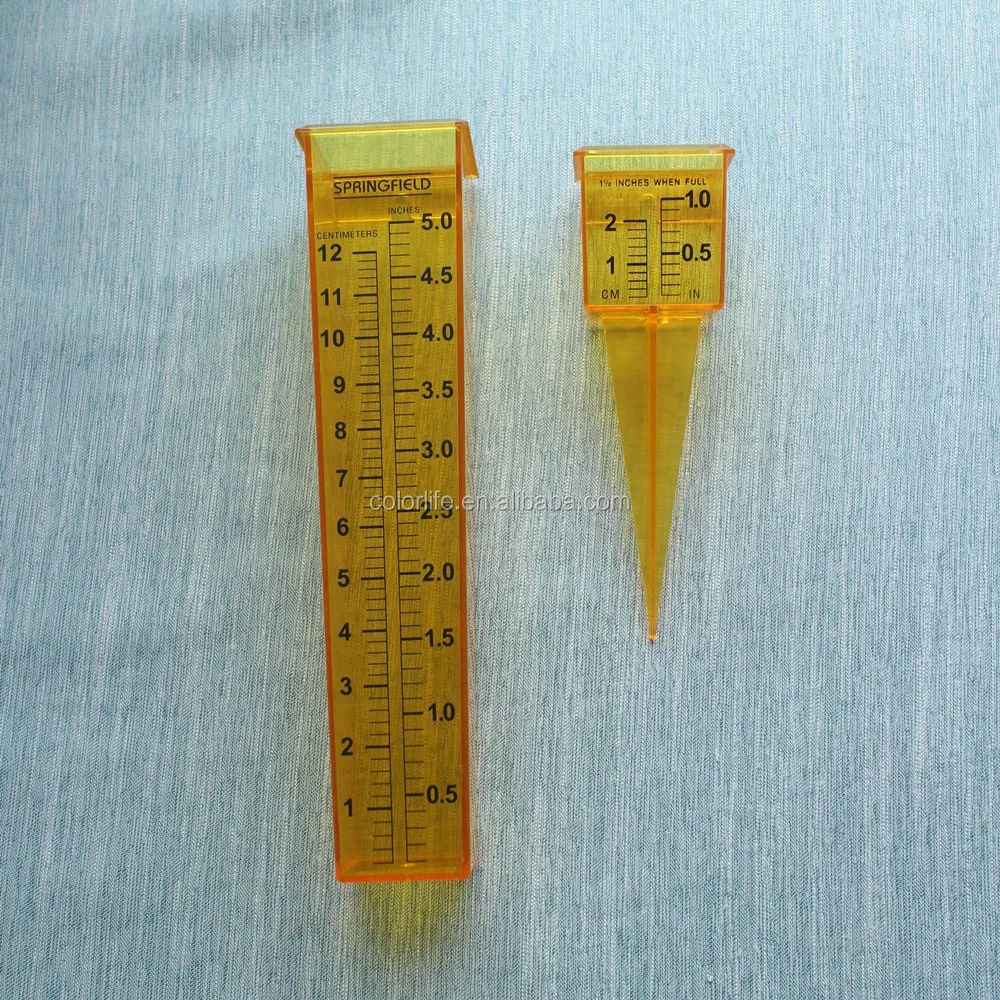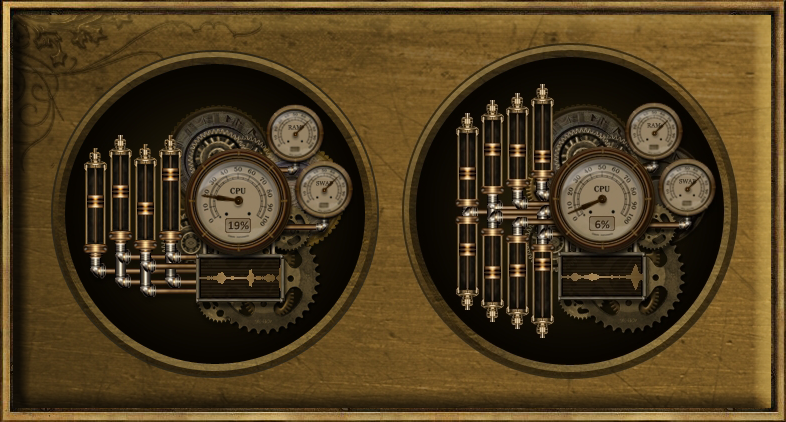

Future versions will change the default to "on" in Rainmeter. Hardware acceleration can be turned "on" in the Settings dialog, and we recommend it.

This to help us to identify general issues that might come up with the conversion from GDI+ to D2D, and isolate any problems that are strictly related to hardware acceleration. (known as HWA for short) This means that some of the processing, and the memory used, can be offloaded from the CPU to the GPU, and things will be rendered or "draw" significantly faster. Not only does D2D offer additional capabilities we will be taking advantage of in the near future, but it also allows us to optionally support hardware acceleration.

Rainmeter 4.3 has changed entirely from using an older GDI+ graphics engine in Windows to the more modern and capable Direct2D (known as D2D for short).


 0 kommentar(er)
0 kommentar(er)
